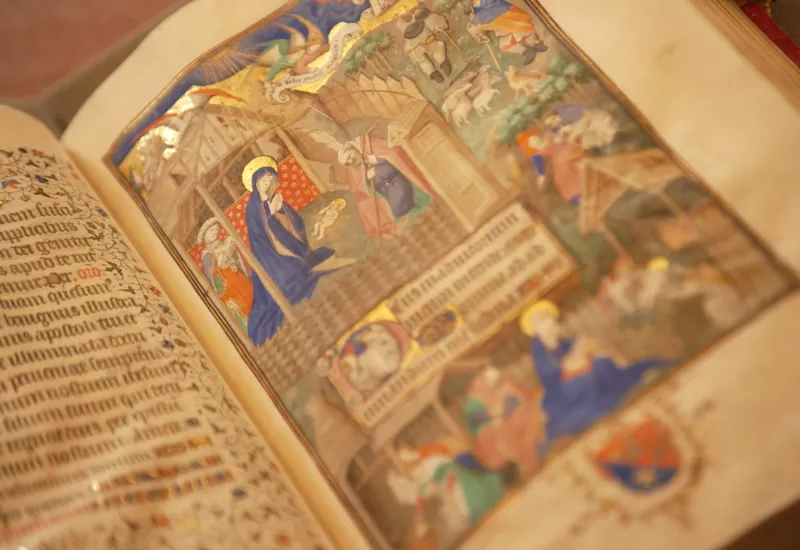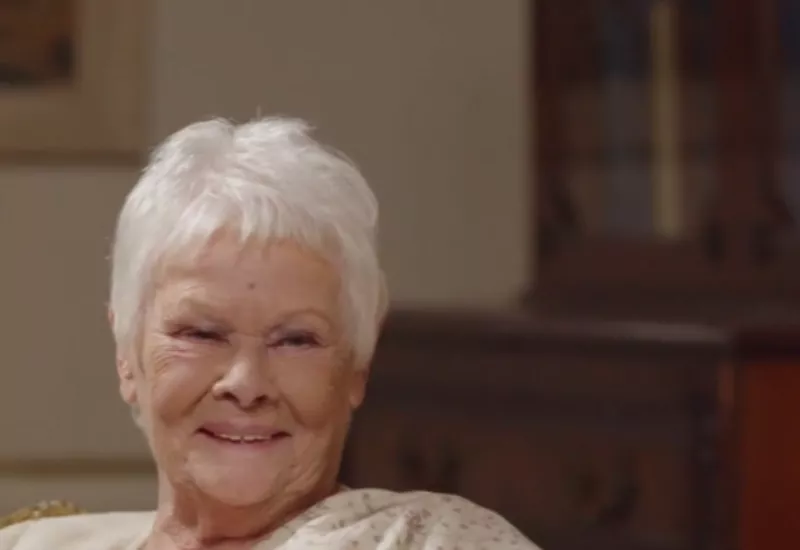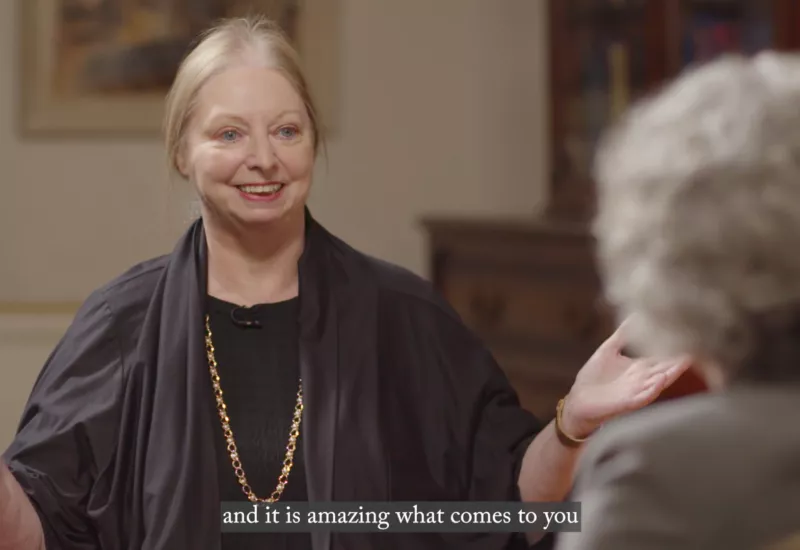Donna Tartt has been incredibly generous in agreeing to answer some questions that were sent to her by The Queen’s Reading Room.
Here are some of her insightful and astute responses.
You have written three novels, all of which have been extremely successful. When you are writing fiction, do you ever think about how the work will be perceived by the reader?
I try not to. For me, it’s not helpful. Stephen King once said something to the effect of: Don’t give readers what they want. Give them what you want. By which I think he meant: readers tend to be most pleased when they are given not the novel that they expect, but the novel that they want and don’t yet know that they are looking for.
The Secret History was so different from the rank and file of literary novels being written in the late 1980s that I was given many confident predictions of its failure – I was told to shorten it drastically, that the male narrator was a mistake, that the tone was too elegiac and not contemporary enough – I’m glad I didn’t listen and went ahead and wrote the book I wanted to write. It’s impossible to know how anything will be perceived by an audience. The most important thing is to be happy with one’s own work. If I’d tried to write something more conventional for the time and more in line with what I was told readers wanted, I doubt I would have stayed interested in the book long enough to finish it.
Much has been made of the years that it takes to construct your novels. Is this a conscious choice or an unavoidable vagary of your writing style?
Something of both. All my novels, including the one I’m writing now, are very different from each other, and to invent new worlds and new characters from the ground up takes a while. At the end of a novel and the beginning of a new one I’m always starting from absolute scratch – the old edifice is swept away and I’m starting all over again with not much more than some boards and a few tools.
Then too I write the kind of books that I like to read—long books that keep me in the same imaginal space and with the same characters for a long time and that take over a big portion of my inner life, including my dream life. Though I’ve written a few short stories, they’re not the form I enjoy most, as writer or reader. Just as you’re starting to be interested, the party is over and you’re being shown the door.
The Secret History is narrated by Richard Papen, a character desperate to immerse himself in the beauty, love and wisdom that he has never known. When you look back on the character of Richard, do you think of him fondly?
I do. In many ways he stays with me more than any character I ever wrote, since I was so young when I began writing The Secret History. Richard’s narrative voice – initially an invented voice, for the purposes of the story – was the voice I wrote in for many years. Over time Richard’s voice became entwined with my own, so that in terms of style it’s hard now in some places for me to see where Richard’s voice ends and mine begins.
When you wrote The Secret History, did you intend to write about what makes life meaningful?
I’m not sure there’s any other reason to write, not for me anyway. The novel as an art form is mostly about the search for meaning. The students in The Secret History are searching intently for meaning – for the Real – but in grasping for it so desperately they grab it by the wrong end.
Are you working on your next novel?
I am.
Can you envisage a life where you are not creating fiction?
Novels are all about experiences we haven’t had, and one of the peculiarities of a novelist’s mind is an ability to enter into all sorts of different lives. But though I can envisage it clearly enough, I’ve never wanted a life where I didn’t write.
Can you please explain to The Queen’s Reading Room why reading and books are so important to you and how they have impacted your work?
That’s a big question, but on the most basic level I began writing because I love to read. My mother’s family are readers and librarians and I loved books instinctively, early on – I was often read aloud to as a child, and books were a way of being with, and talking to, the people I loved most. Over time, I developed deep relationships with individual books and works, and these deep relationships and conversations form the genesis of my own books – my undergraduate engagement with classical literature and philosophy, for instance, is the mainspring of The Secret History.
On the simplest level books are comfort and escape; on the deepest, they are empathy and wisdom. Literature allows us to enter into the inner life and inner experience of other people as no other art form is able to do, and in novels particularly we have the experience of being someone else – of knowing another person’s soul from the inside. No other art form or medium can do that. To write a novel, as to read a novel, is to experience the astonishment of inhabiting another personality, another life.
Moreover, novels like no other medium teach us about time: how life works in time and how we evolve, or don’t, by the choices we make. What’s the good life? What are our blind spots? What matters most? The answers are different for everybody and can change drastically over the span of a life. A great novel by Dickens or Dostoyevsky will add extensively to someone’s knowledge of human nature and of how the world works. And a really powerful book will change us from the inside, permanently. If people still view books as dangerous enough to be banned, it’s for this reason: because it’s possible to read a book and at the end of the book to be literally a different person.


